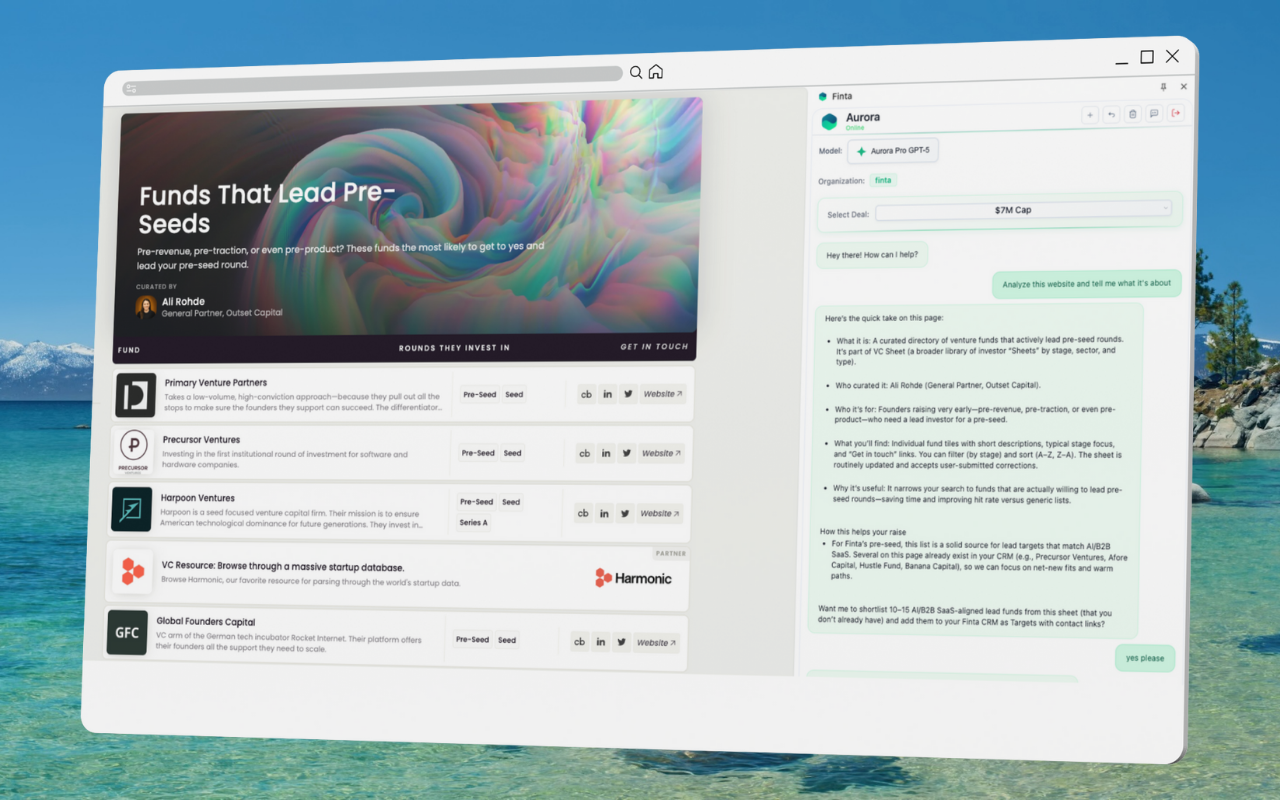Start Up Investments for Non Accredited Investors

This is the world of startup investing, and it remains the most exciting, dynamic and potentially profitable part of the market. The only problem is that many would-be investors are locked out of the most promising startups because they are considered non-accredited. If you want to get in on the ground floor of the next big thing, you need to know how to invest in startups as a non-accredited investor.
What Is an Accredited and a Non-Accredited Investor?
In financial terms the word accredited has a very specific meaning, one that relates not only to net worth but annual income as well. In order to be considered accredited an investor must have a net worth of at least $1 million, but they also must have an annual income of at least $200,000 over the last two years.
Many would-be startup investors would be able to satisfy one of these two financial categories but not the other. A high earner who is relatively young, for instance, may have an annual income well in excess of the $200,000 threshold but not yet have accumulated $1 million in assets. On the other hand a retiree with a net worth well above $1 million may fail the income test and be locked out of traditional startup investing as a result.
There is a third criterion for an investor to be considered accredited by the Securities and Exchange Commission (SEC), and this is an important additional distinction. In order to meet the official SEC definition the investor must also be a general partner, a director or an executive officer, and this requirement has the potential to lock many more people out of the world of startup investing.
In the U.S. accredited investors are automatically given access to investment opportunities that are simply not available to the rest of the general public. That means a non-accredited investor would actually be investment opportunities, including the aforementioned startups. To go much deeper on this, check out our post on "The New Accredited Investor Definition".
What Non-Accredited Investors Need to Know
It is important to note that non-accredited individuals are still allowed to invest, albeit with a few restrictions. A non-accredited investor, for instance, may be able to participate in the money raising activities of private companies, but they will have to move quickly if they want to get in.
While the SEC allows for an unlimited number of accredited investors to participate in a new round of private equity fundraising, the same organization restricts the number of non-accredited investors to just 35. That low number can mean that many non-accredited investors who want to support the company will be locked out.
This specific restriction on non-accredited investors and private equity is known as Regulation D, and the result is that some 80 percent of American investors are locked out simply due to their status. A few states have allowed for non-accredited investors to participate in startup activities, but those rules are uneven, and many people are still locked out.
The states that have allowed non-accredited investors to participate inrounds of startup capital acquisition currently include:
• Alabama
• Colorado
• Georgia
• Idaho
• Indiana
• Kansas
• Maine
• Maryland
• Michigan
• Tennessee
• Washington
• Wisconsin
For non-accredited investors based in that handful of states the ability to invest directly in high risk high return investments does exist, unlocking the potential of early stage startups and opening up the world of crowdfunding to everyone.
The SEC has approved some specific rules limiting the amount anon-accredited investor is allowed to put into a startup. For investors with net worths of less than $100,000 no more than $2,000 can be invested. Non-accredited investors who earn a minimum of $100,000 can invest up to 10percent of either their total net worth or their annual income.
These new SEC rules should allow small business owners, individual investors and startup founders to raise additional money through the crowdfunding process, an exciting new opportunity for everyone. The startup community remains a highly profitable one, and the good news is that non-accredited investors can now participate in this high growth area, albeit with a few well thought out restrictions.






